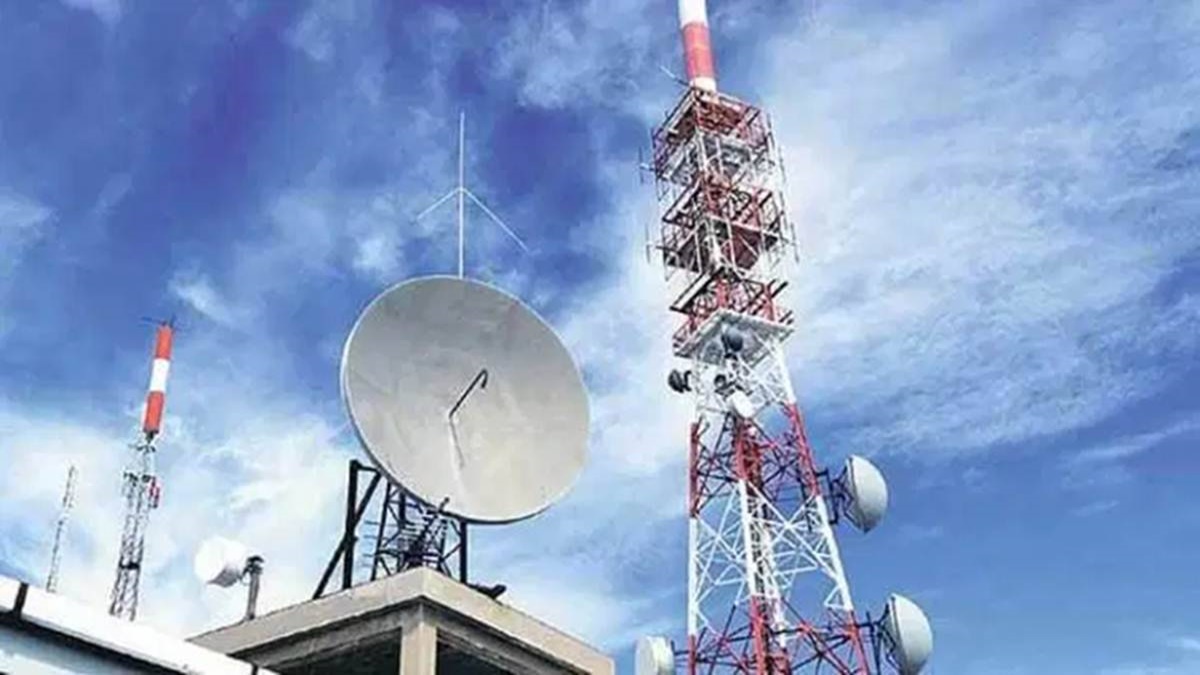The knowledge and broadcasting (I&B) ministry has objected to the inclusion of ‘broadcasting companies’ and ‘over-the-top (OTT) communication companies’ as a part of ‘telecommunication companies’ within the draft telecommunication Invoice, which was launched final week.
Sources mentioned that I&B ministry officers have written to the Division of Telecommunications (DoT) objecting to this encroachment of its area and that, too, with none prior consultations. It has sought clarifications from the DoT on the matter.
Presently, the licensing and policymaking a part of telecommunication companies is the area of DoT, whereas the identical features with regard to broadcasting is with the I&B ministry. Nonetheless, the Telecom Regulatory Authority of India (Trai) is the widespread regulator for the 2 sectors.
Additionally learn: Rajasthan approves Rs 100 cr extra bundle for small companies; gives exemptions for exporters
The draft telecommunication Invoice has outlined broadcasting companies as a type of telecommunication service supposed to be obtained by most of the people both immediately or not directly. “Telecommunication companies means service of any description (together with broadcasting companies, email correspondence, voice mail, voice, video and knowledge and communication companies, over-the-top (OTT) communication companies) which is made obtainable to customers by telecommunication…” the draft states.
Sources mentioned DoT appears to have come to such a broad definition, together with all types of communication on a simplistic assumption — that since voice, knowledge and broadcast companies can be found by way of telecom operators these days, the licensing and policymaking powers with regard to broadcasting also needs to vest with it.
In response to sources, usually if any adjustments are proposed within the guidelines of allocation of enterprise between completely different ministries and departments of presidency, inter-ministerial consultations are held. Nonetheless, on this case DoT didn’t comply with any such norm.
Additionally learn: Solely 5.8% of ladies MSMEs obtained govt assist throughout pandemic: ICRIER report
Authorities observers additionally expressed shock at such a lapse on a part of DoT since final 12 months in February, the powers to manage intermediaries (social media) resembling WhatsApp, Fb, Twitter and so on, and over-the-top gamers like Netflix, Prime Video, Disney+Hotstar in addition to digital media had been clearly divided between the ministry of electronics & IT (MeitY) and I&B.
The regulation of social media below the brand new IT Guidelines which had been notified on February 25, 2021, comes below MeitY, whereas OTT platforms and digital media come below I&B. Previous to this division, each fell below the area of MeitY.
The draft telecommunication Invoice has additionally talked about bringing OTTs and intermediaries below licensing and regulation, which has been objected to by their business affiliation, Broadband India Discussion board (BIF). The competition of I&B is that the difficulty of bringing them below licensing and regulation are domains on which it must deliberate and take a choice, not DoT.
“Among the provisions of the draft Indian Telecommunications Invoice 2022, sadly seem like prohibitive moderately than facilitating/enabling for the bigger digital ecosystem within the nation,” BIF president TV Ramachandran mentioned in a press release late final week.
Majority of the OTT communication companies ecosystem is being developed by quite a lot of startups, SMEs, members from academia and professionals, BIF mentioned. “Subjecting such companies to licensing may hurt the nascent startups ecosystem, resulting in constricting the PM’s flagship mission of startup India,” it added.




